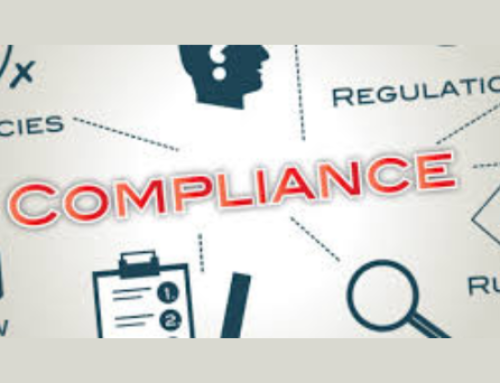The Fair Debt Collection Practices Act (FDCPA) is a federal law that protects consumers from abusive and deceptive debt collection practices. One important provision of the FDCPA is Section 1692g, which requires debt collectors to provide certain information to consumers and allows them to dispute the debt. Violating this provision can have serious consequences for debt collectors. In this blog post, we will explore the potential consequences of debt collectors violating FDCPA 1692g.
Ceasing Collection Activities:
According to Section 1692g, if a consumer notifies the debt collector in writing within the thirty-day period that the debt is disputed or requests the name and address of the original creditor, the debt collector must cease collection activities until they provide verification of the debt or a copy of a judgment, as well as the name and address of the original creditor [2]. Failure to comply with this requirement can result in legal consequences for debt collectors.
Civil Liability:
Debt collectors who violate FDCPA 1692g may be subject to civil liability. Under Section 813 of the FDCPA, consumers have the right to sue debt collectors who engage in prohibited practices, including violations of the validation of debts provision [1]. If a debt collector is found to have violated FDCPA 1692g, they may be liable for actual damages, statutory damages, and attorney’s fees.
Statutory Damages:
The FDCPA allows consumers to recover statutory damages for violations of the law, including FDCPA 1692g. According to Section 813, consumers can recover up to $1,000 in statutory damages for each violation [1]. This means that if a debt collector violates FDCPA 1692g multiple times, they may be liable for significant monetary damages.
Attorney’s Fees:
In addition to statutory damages, consumers who successfully sue debt collectors for violating FDCPA 1692g may also be entitled to recover their attorney’s fees. This provision encourages consumers to seek legal representation and pursue their rights under the FDCPA without the fear of incurring substantial legal costs.
Regulatory Enforcement:
The Federal Trade Commission (FTC) and the Consumer Financial Protection Bureau (CFPB) are responsible for enforcing the FDCPA. If debt collectors are found to have violated FDCPA 1692g, they may face regulatory enforcement actions by these agencies. The FTC and CFPB have the authority to impose fines, penalties, and other remedies to ensure compliance with the law.
Negative Impact on Reputation:
Violating FDCPA 1692g can have a negative impact on the reputation of debt collectors. In today’s digital age, news of violations can spread quickly, leading to public scrutiny and damage to the collector’s brand. This can result in loss of business and trust from consumers.
Conclusion:
Debt collectors who violate FDCPA 1692g may face serious consequences, including legal liability, statutory damages, attorney’s fees, regulatory enforcement, and damage to their reputation. It is crucial for debt collectors to understand and comply with the requirements of the FDCPA to avoid these potential consequences.







Leave A Comment